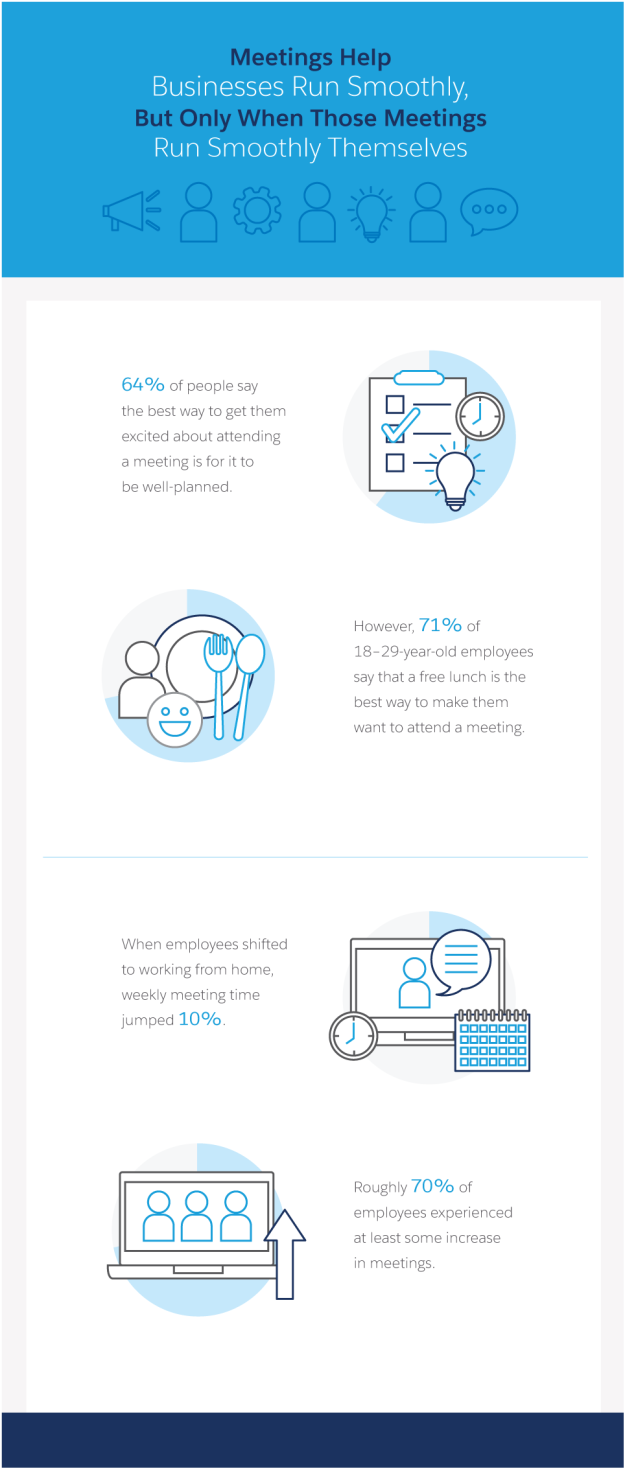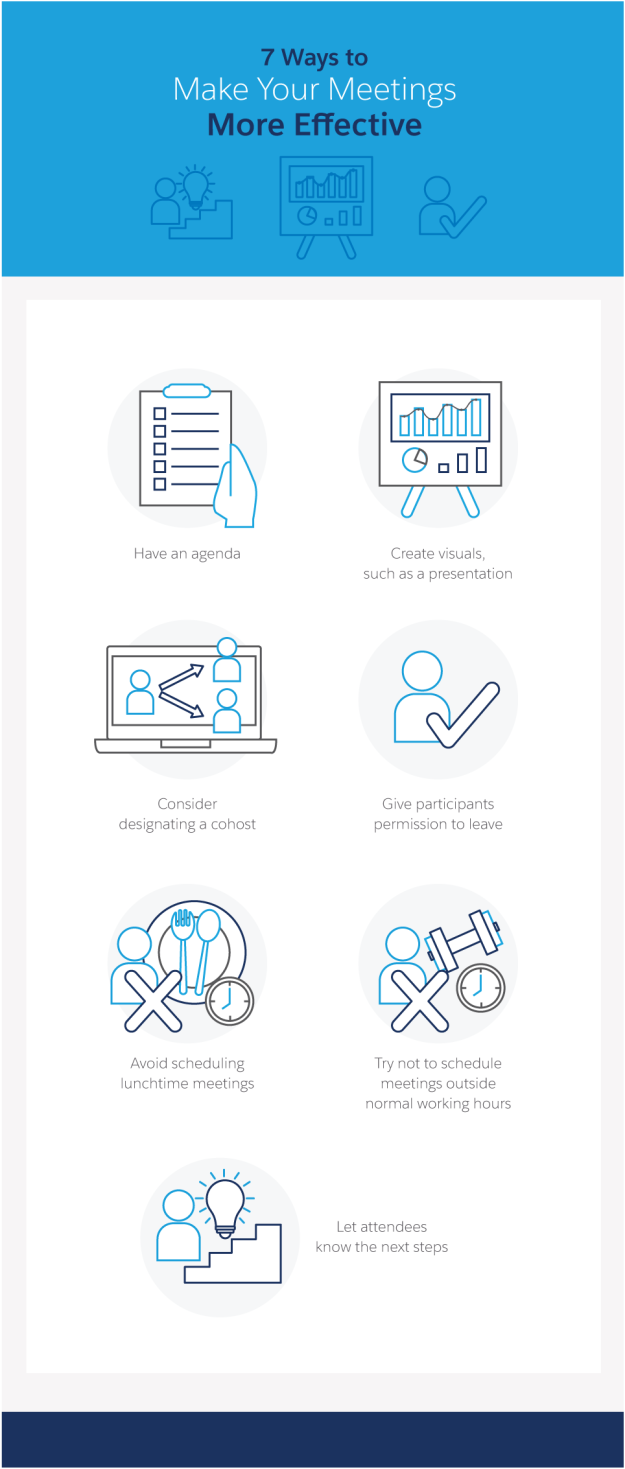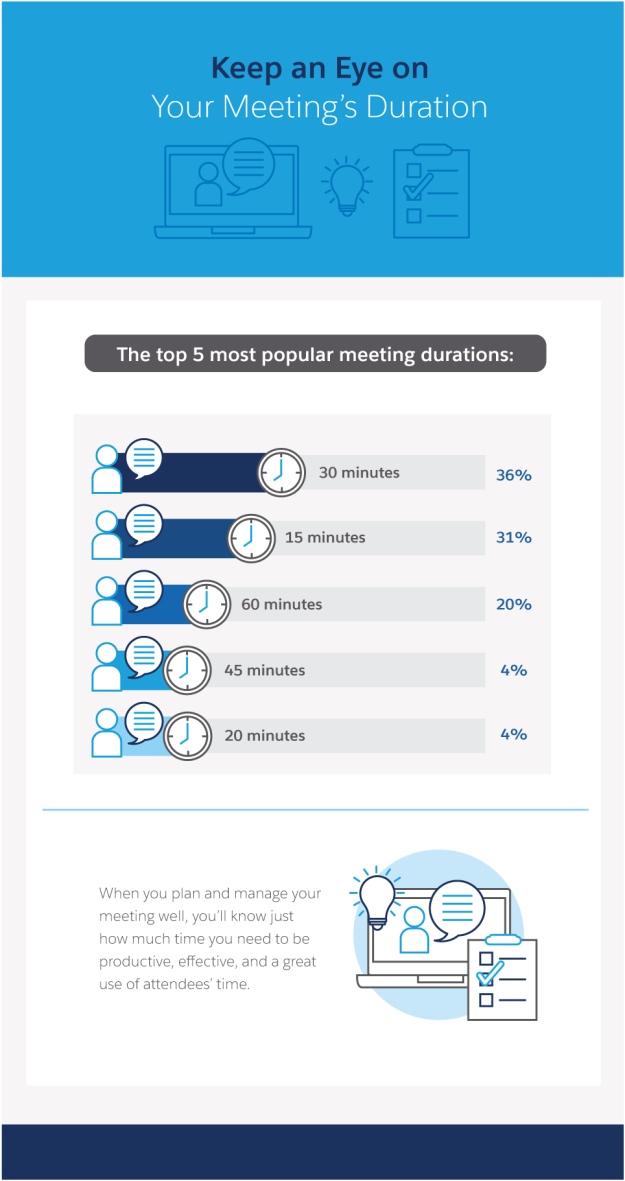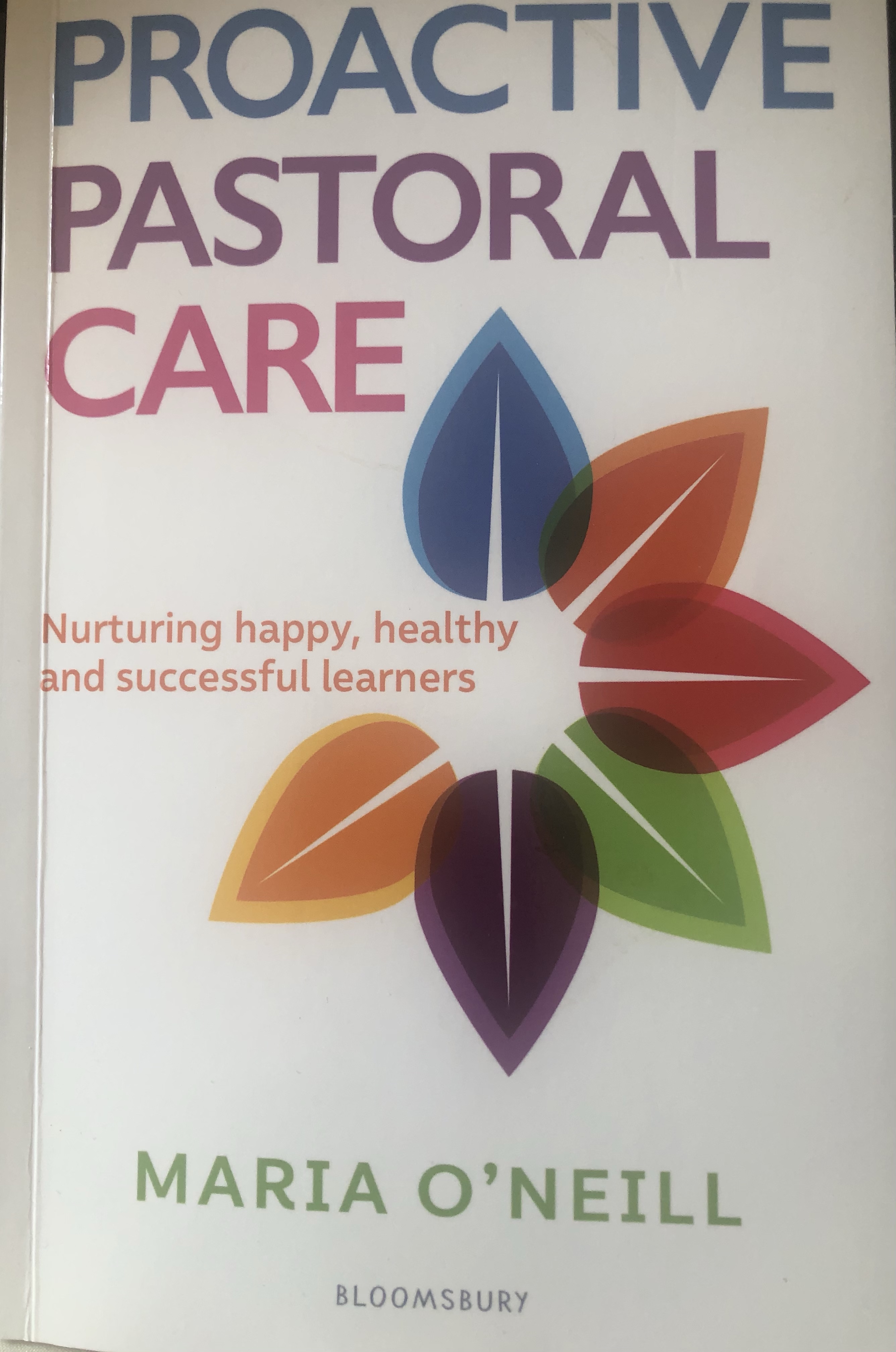On 28th March 2022 I attended Strategic Send Conference organised by Anita Devi. I’m very grateful I was invited and was able to attend. The presentations were all very useful and gave me lots to think about. I’ve collated tweets from the day here which you can read to catch up on the proceedings of the day.
I was asked to do a roundtable discussion on how to create a professional board which can hold the school leadership to account for SEND provision. Below are my notes I used during the roundtable. I would like to thank Chris Rossiter and StarlightMcKenzie both of whom had allowed me to bounce ideas off them.
I had started by giving a short summary of the role of governors.
Before we get on to the tips for creating a professional board let’s look at the three core functions of governance.
The first core function is to ensure that there the vision, ethos and strategic direction of the school is clear to all. This includes board members too.
-
We need a vision or a clear idea where we see our school or trust being in next one, three, five, ten years in the future. What is our destination? This is set by the board in consultation with the head or the CEO.
-
Ethos is a Greek word meaning character. It is used to describe the guiding beliefs of a community. Everyone on the board must know about the guiding beliefs, the ethos of their organisation and ensure that everyone else is clear about this too. They should also ensure that everything that happens in the boardroom and in the school is in line with that ethos.
-
The board must also ensure that there is clarity around the strategic direction of the organisation. Everyone should be clear about what the strategic goals are and how they will help the organisation make the vision a reality.
-
Our second core role is to hold the school leaders to account for performance of pupils and the organisation and performance management of staff.
-
Our third core role is to do with finance. Schools are funded by public money and we are custodians of this public money. We have to look after the financial performance of the school and ensure that money is well spent.
Tips for creating a professional board which is able to hold the school leadership to account for SEND:
Tip One: Think SEND in everything you do
-
Pay as much importance to SEND as we do to pupil premium for example.
-
Boards and external agencies and media tend to hold schools to account for things which go wrong and rightly so but rarely do they focus on what effect that failing has specifically on children with SEND.
-
When looking at standards dig down into the data and see how pupils with SEND are performing. If standards have dipped, ask how these pupils have been affected.
-
How many boards ask questions about the curriculum from the SEND point of view?
-
Are your extra curricular activities/events/trips inclusive? I’ve heard of instances where parents were told their chils could not be taken along on a trip or that they had to accompany their child. These statements are discriminatory. As a board do ask questions to assure yourselves that this does not happen in your school.
-
If you are asking questions around finances, do ask questions about how SEND provision is resourced.
-
When you ask questions around safeguarding, do ask specific questions about safeguarding pupils with SEND.
-
Look at the language used in meetings and minutes. Things like “Child X has very complex needs but the parents are in denial” should not be used in meetings and should not be in your minutes.
-
Check your policies meet Public Sector Equality Duty.
-
Many boards do parental surveys. Ensure that there are questions around SEND too so parents and carers of pupils with SEND have a voice too.
-
You will notice that all that I have said is directly linked to the governors’ three core functions.
-
All of this isn’t just about our responsibilities. It is part of ensuring that the culture and values and ethos of the school is one which values each and every child including all those who have SEND.
Tip Two: Invest in training.
-
Unfortunately, powers that be have resisted calls to make governor training mandatory. But there is nothing stopping each board doing these themselves.
-
SEND is a complex area. The provisions, the interventions, even the funding is complex.
-
As governors we are responsible for all pupils in our schools including and I would say perhaps especially pupils with SEND.
-
When training or CPD for governors is mentioned, I sometimes hear governors say they can’t afford or that they don’t want to take money away from the school. My response is always to say they can’t afford not to.
-
We can’t perform our roles properly if we don’t know what we should we doing and in this case
-
What is SEND,
-
How can pupils with SEND be helped,
-
How can we be truly inclusive and not just in name.
-
By not investing in training and hence not knowing all this we will be letting down children.
-
Investment in training is a wise investment and pays huge dividends.
-
And training doesn’t have to cost thousands. There are very good resources out there as well as courses which aren’t to expensive.
-
Also, think about the talent you have in house. Think about asking your SENCO to put on a few training sessions for the board so that all board members have a good understanding of the issue.
-
Make it a requirement that when a governor attends a conference or a CPD session they feed back to the whole board. So, the school has paid for one person to attend but the feedback ensures that the whole board benefits.
-
Tip Three: Work closely with your SENCO and to value them.
-
One way of working closely with the SENCO is to appoint a SEND Link Governor.
-
This governor’s role would be to have frequent meetings with the SENCO and to feed back to the board. This way the whole board will be kept up to date with what’s happening in the school.
-
Also think about appointing an Assistant SEND Link Governor. This will ensure that you have a succession plan in place for when the SEND Link Governor leaves the board or takes up another role. Appointing a Link as well as an Assistant Link SEND Governor will show that the board really values and thinks about SEND.
-
Ask questions around the role of SENCO. Is that just as highly valued as other roles in the school?
-
Is your SENCO part of the Senior Leadership Team?
-
Boards usually invite the School Business Managers and the Designated Safeguarding Leads to board meetings. Do you invite your SENCO? Does your SENCO play a strategic role or just a SEND specialist role?
Tip Four: Remember that all governors are governors of SEND.
-
Though you may have delegated the monitoring responsibility to your LINK governor, the board is collectively responsible and needs to understand the issues around SEND and, as a board, hold the school leaders to account for the provision as well as the SEND leadership.
Resources which the board can find useful in acting in a professional manner while holding the school leadership to account for SEND.






